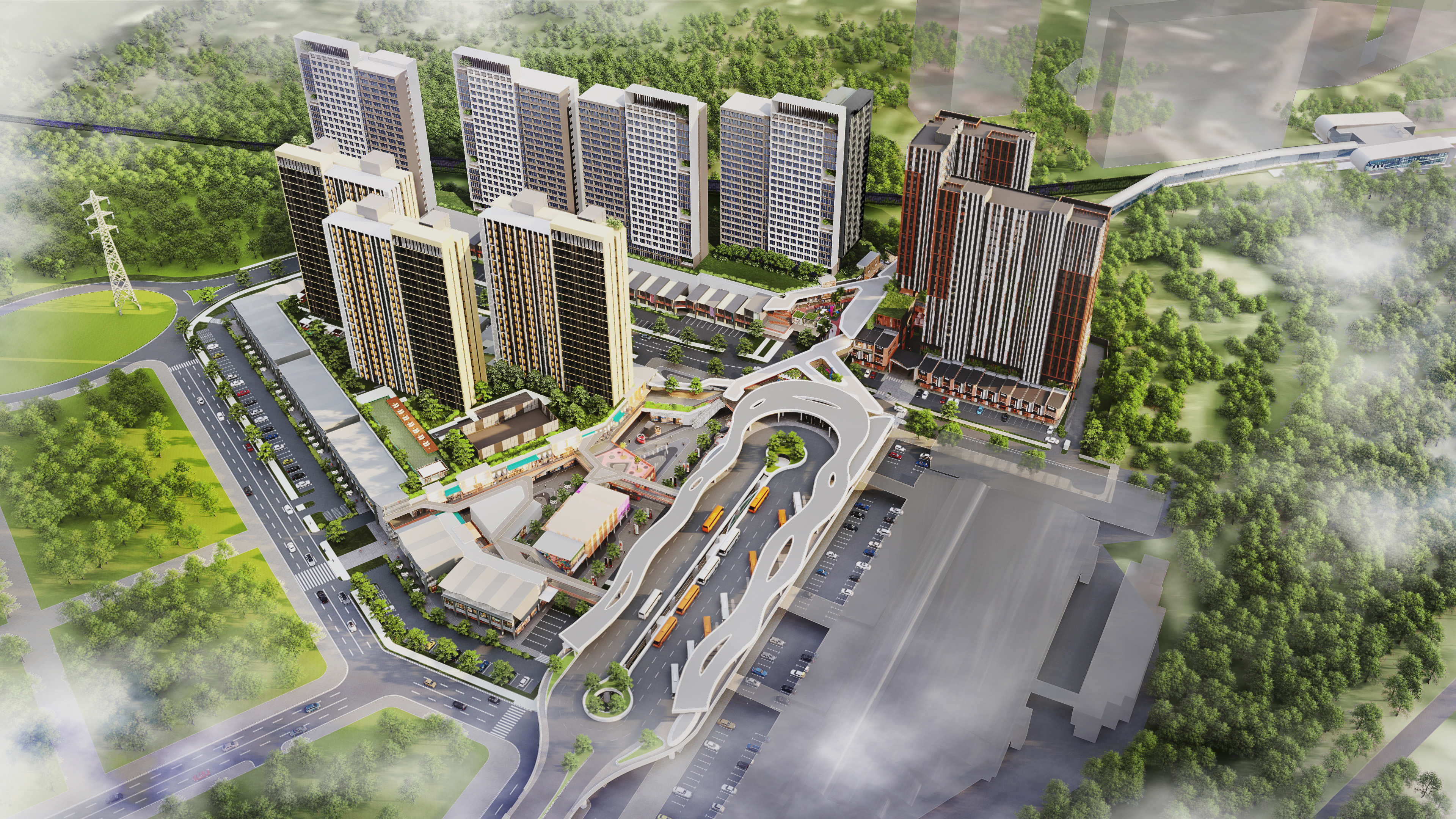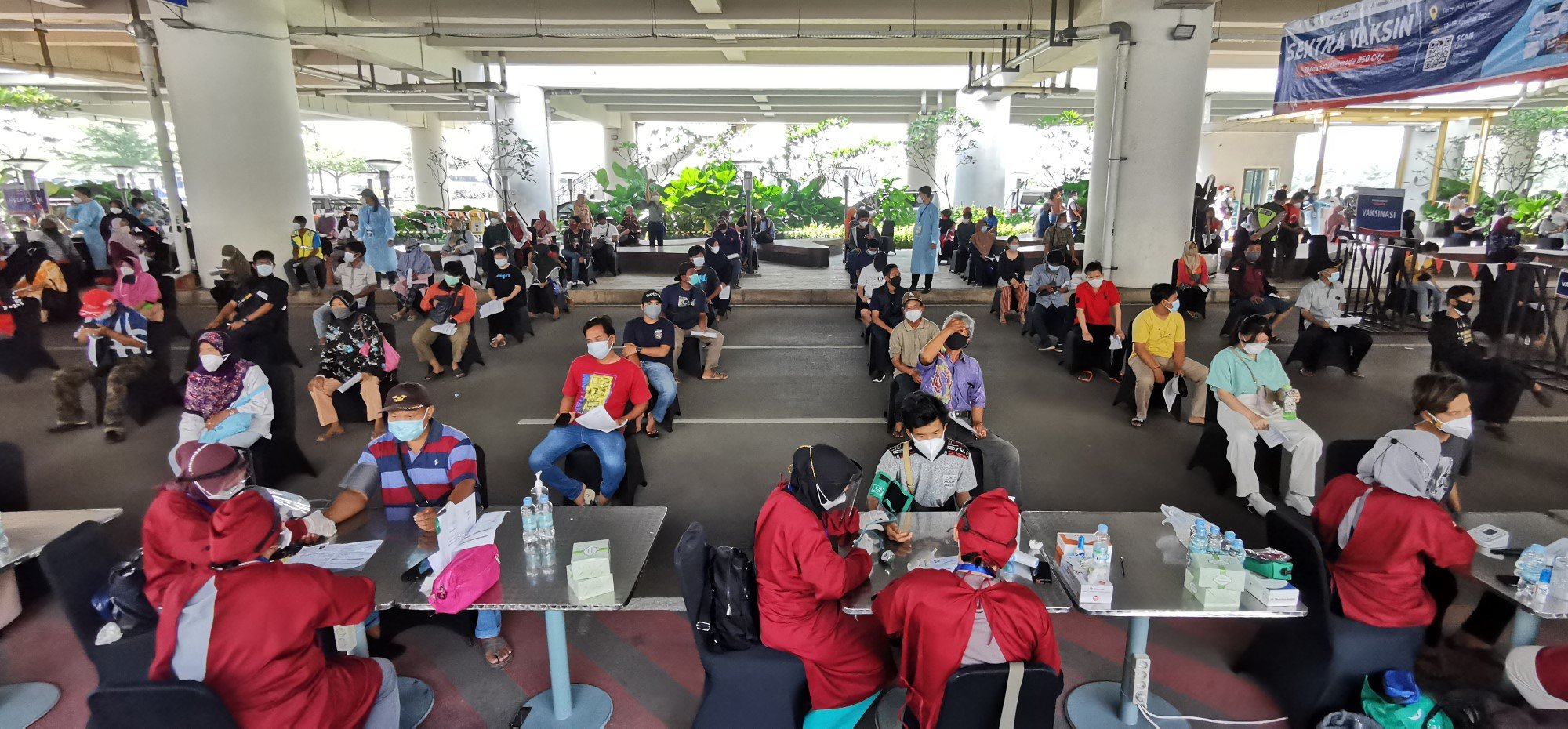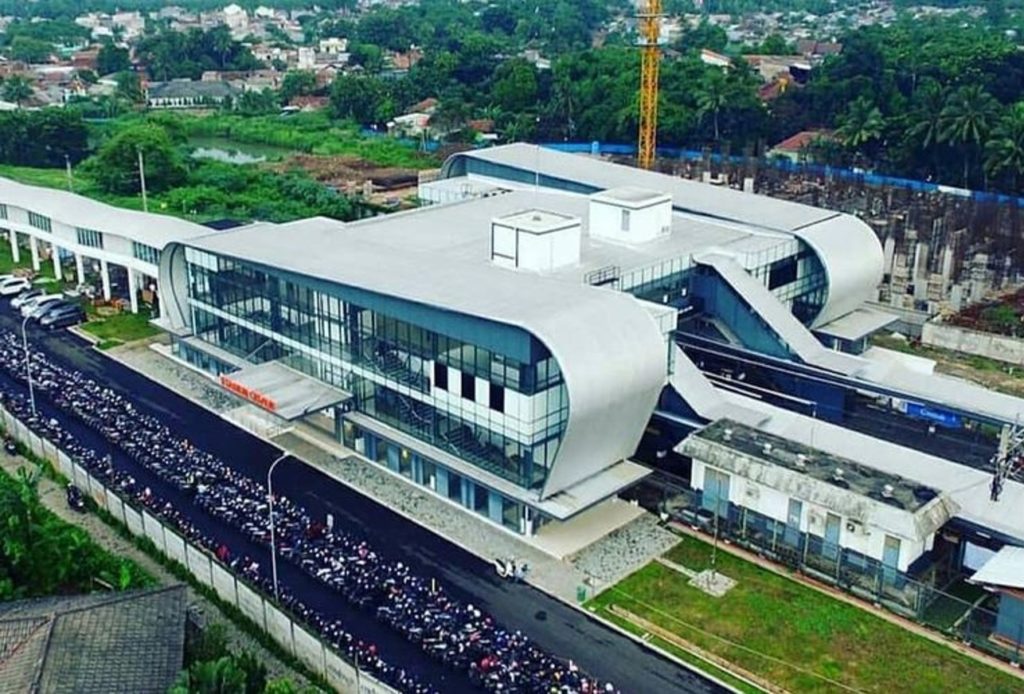Transit-Oriented Developments: A Key Asset Class That Can Help Build a Smart and Sustainable Future in Indonesia

By Mitbana
Transit-Oriented Developments (TODs) are compact, pedestrian-oriented mixed-use developments centred around public transport systems. In a rapidly urbanising environment, TODs play an imperative role to alleviate the pressures of a growing population and to facilitate accessible public transport options needed for a long-term sustainable future.
Recognising these benefits, the Indonesian government has been actively promoting TODs in recent years. The private sector can play a pivotal role to complement the government’s efforts and cover a gap in public finances; according to a recent report from the Ministry of Public Works and Housing, the state budget for 2020-24 can only sponsor about 30 per cent of planned TOD initiatives[1] in Indonesia.
Indeed, Covid-19 has brought about sharper focus in the vital role that private sector can play to galvanise a new wave of investment interest in TODs across the country, and to accelerate smart and sustainable urban development.
Strong Market Fundamentals in Indonesia
Urbanisation
The World Bank estimates that 75 per cent of Indonesians are expected to reside in urban areas by 2045. In the last 15 years, Indonesia’s middle class has also increased, resulting in an inordinate demand for urban dwellings as population density continues to increase. It is therefore important to put in place proper city planning to mitigate the pressures of population growth.
The supporting infrastructure cities around Greater Jakarta is capital-intensive, and there is scope for more public-private partnerships to enhance road and rail infrastructure connectivity which can promote the growth of TODs.
Property Stimulus Measures
Indonesia’s federal government has announced a slew of transport infrastructure initiatives including multiple toll roads in Sulawesi, Kalimantan and Bali, as well as a railway network on each of these islands.
Property stimulus measures, including the relaxation of loan-to-value (LTV) ratios for property mortgages and the easing of mortgage disbursements to accredited property developers, are expected to improve overall affordability for local buyers and spur property demand[2].
Combined, these positive developments will encourage more direct investments in infrastructure and facilitate the promotion of mass-market TOD apartments.
Urban Planning and Design in a Post Covid-19 World
A recent OECD study on housing challenges amid the pandemic suggests that the COVID-19 outbreak has “shifted preferences in favour of living in lower-density areas and working remotely”[3]. These include ‘green’ outdoor areas with more provision to support walking and cycling.
TODs possess core advantages in protecting rural and natural areas from urban sprawls; promoting more sustainable and cost-effective public infrastructure; offering higher productivity gains because of reduced traffic congestion; and enhancing residents’ quality of life with closer proximity to daily amenities. Living spaces are now required to also function as an office or school, as remote working becomes a norm.
New projects will need to weave in all-encompassing demands to cater for private workplaces with good internet connectivity, as well as accessibility to healthcare facilities and other social amenities.
Mitbana (a joint venture of Surbana Jurong and Mitsubishi Corporation) is working closely with Sinar Mas Land, one of Indonesia’s largest developers through a Joint Venture (JV), to curate TODs in Indonesia to address the challenges of COVID-19 in an interconnected world.
The JV’s pilot project is in the Intermoda district of Sinar Mas Land’s flagship town BSD City in Tangerang. BSD City is a thriving development and has an integrated environment catered to the masses who live and work there. In partnering Sinar Mas Land, Mitbana will build on BSD City’s existing infrastructure and social amenities, such as schools, shopping malls, recreational areas and green spaces, with access to multiple transport options including road, rail, bus, and park-and-ride facilities.
Traffic congestion remains a critical challenge in Jakarta, adding to pollution woes. Innovative solutions that encourage higher public transport ridership in Indonesia is the only long-term sustainable option to alleviate traffic congestion and air pollution.
TODs will facilitate better access to the commuter rail line that connects directly to the Jakarta city centre, which will improve first- and last-mile connectivity for residents.
According to research by Rumah.com, distance from the Jakarta city centre is no longer a main concern for home buyers, as long as there are convenient commuting options. TODs not only provide convenience for residents in the area, they also boost the market value of surrounding properties and attract more buyers and investors.
Movement control restrictions have highlighted the need for urban dwellings to be sited near amenities to cater to residents’ daily necessities. New F&B offerings and daily conveniences will be introduced at overhead walkways alongside a new town centre offering fresh produce and groceries.
Communal spaces will need to be adaptable to support pandemic requirements, such as the administering and distribution of health supplies. Last month, the JV repurposed the existing Terminal Intermoda BSD City into a vaccination centre to support Indonesia’s nationwide efforts to combat COVID-19. This is in line with our vision to create more flexible, pandemic-relevant public spaces in the Intermoda TOD.

Keeping Housing Affordable
Mitbana is actively exploring lower entry prices and better financing schemes for first-time homebuyers, particularly the Millennial and Generation Z age groups. We want to break the stigma that affordability and good quality exist in juxtaposition; it is our firm belief that reasonably priced apartments that are properly designed and maintained will increase in value over time. Our ultimate vision is to invigorate the secondary resale market and provide capital appreciation for our buyers.
Mitbana’s shareholders, Mitsubishi Corporation and Surbana Jurong, possess deep experience in curating and designing urban TODs in Japan and Singapore, and have developed innovations over the past year to address the challenges of living with COVID-19 through pandemic-proof infrastructure. These include open-concept, decentralised architecture that promotes air ventilation in tight spaces to safeguard the public’s wellbeing; new mobility solutions to optimise public transport systems to address commuters’ specific transport needs. In the long run, we want to promote a greener environment by reducing reliance on private vehicles for short travel distances and improving accessibility to the Jakarta city centre.
Lockdowns have also exposed the drawbacks of energy-intensive buildings as the population at large is confined at home for extended periods of time. For the Intermoda TOD, we will implement sustainable solutions such as the harnessing of solar energy to power common facilities, and the adoption of better water and waste management systems for residents.

Building a Better Future
No one knows when or how the next crisis will erupt, but stakeholders need to ensure that future developments are flexible and ready to adapt swiftly to changes in our environment.
Smart and sustainable developments are key to enhance the resilience of our communities. The economic and social hub envisioned for the Intermoda TOD will serve as a model for post-pandemic lifestyles, whilst remaining affordable for younger generations of Indonesians.
** End **
Connect with Us
Email: [email protected]
[1] Source: Oxford Business Group: Role of transit-oriented developments in Indonesia | Indonesia 2020 | Oxford Business Group
[2] UBS Global Research report on “Indonesia Real Estate”, 18 February 2021
[3] Source: Housing amid Covid-19: Policy responses and challenges- https://read.oecd-ilibrary.org/view/?ref=135_135322-lju8yj5sib&title=Housing-Amid-Covid-19-Policy-Responses-and-Challenges&_ga=2.113840647.1673380779.1625637245-1950629379.1620957601


